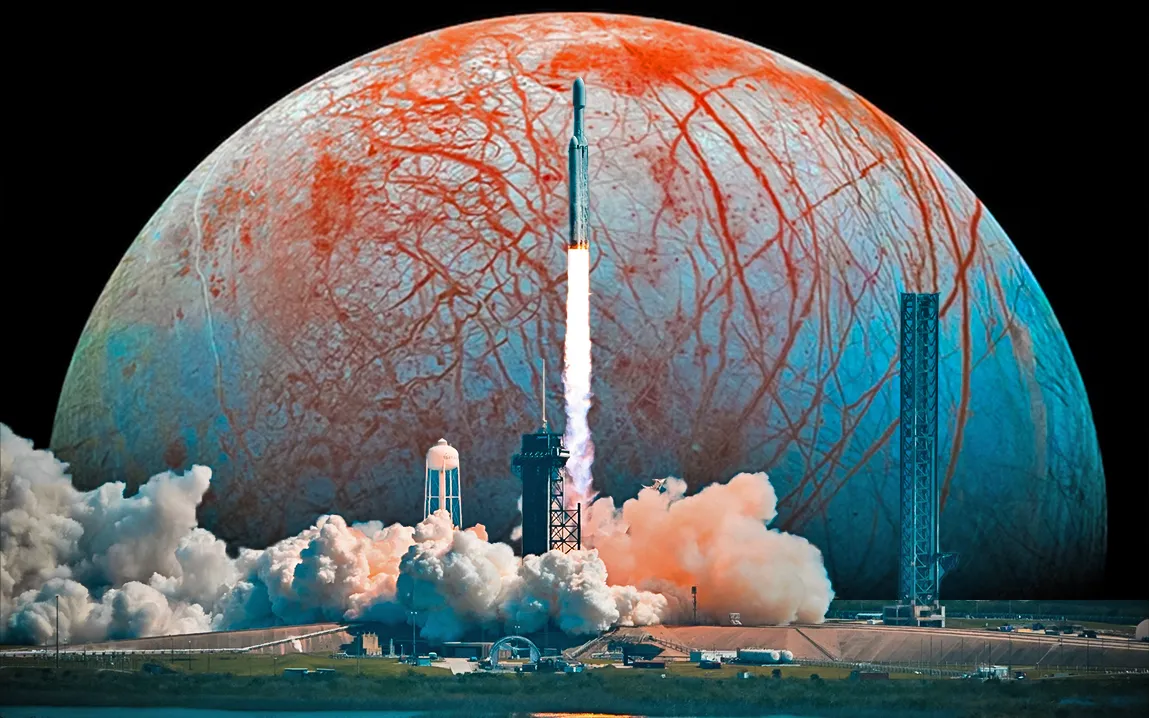The four astronauts of the NASA Crew-8 mission were taken to a hospital in Florida for evaluation on Friday, Oct. 25, after splashing down from space. The four astronauts of the NASA Crew-8 mission were transported to Ascension Sacred Heart Pensacola, the nearest medical facility, by NASA after the successful splashdown of the SpaceX Crew Dragon in the Atlantic Ocean at 3:29 a.m. EDT (0729 GMT).
While NASA officials have termed the splashdown and reentry as “nominal,” the agency exercised an “abundance of caution” in transferring astronauts for further assessment. However, three out of four astronauts have already been cleared, while one crew member remains under observation, and is stable. NASA has not released the identity of the patient, citing privacy concerns.
The NASA astronauts on board include Matthew Dominick, Michael Barratt, and Jeanette Epps. Cosmonaut Alexander Grebenkin from Russia’s Roscosmos completed the list of the crew on Crew-8. They embarked aboard a SpaceX Falcon 9 rocket on March 3 and docked at the International Space Station on March 5. Initially, the spaceflight was to take approximately 180-210 days. However, it increased to 235 days when bad weather in the Atlantic Ocean during hurricane season prohibited them from returning early.
Although some minor irregularities were reported with the drogue of the Crew Dragon capsule being smaller and the main parachutes larger, Richard Jones, deputy program manager of the Commercial Crew Program at NASA, reassured that the crew was “doing great” during a post-splashdown briefing. He added that the astronauts underwent routine medical checks on the recovery vessel before proceeding to Houston for additional evaluations.
NASA focused on its commitment to ensuring the safety of astronauts. The agency had been developing countermeasures over decades to safeguard astronauts’ health during and after long-duration missions in microgravity. These include daily exercise, mental health checkups, and individual rehabilitation plans after returning.
Crew-8’s mission duration was a little above the average but not recordable since astronauts have spent over a year on the ISS before. The all-time record for the longest space mission is 437 days, set in 1994-95 by Russian cosmonaut Valeri Polyakov on the Mir space station.




